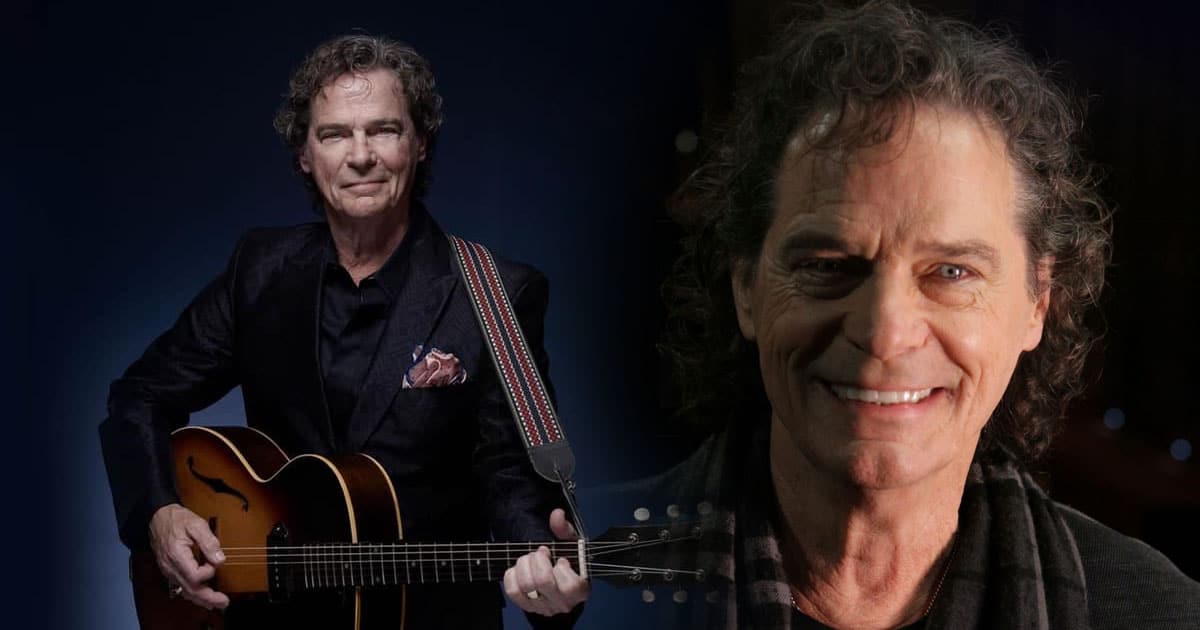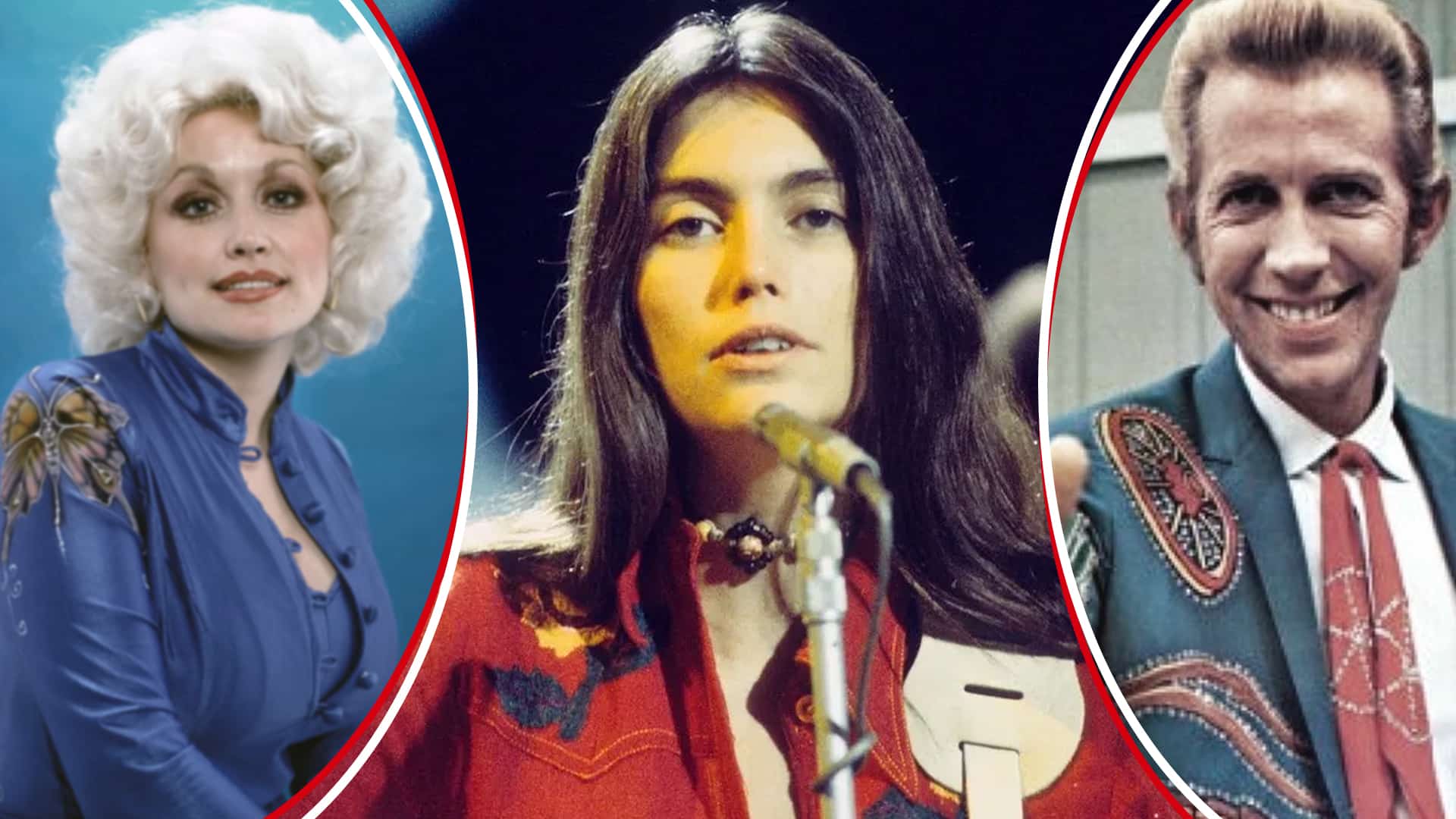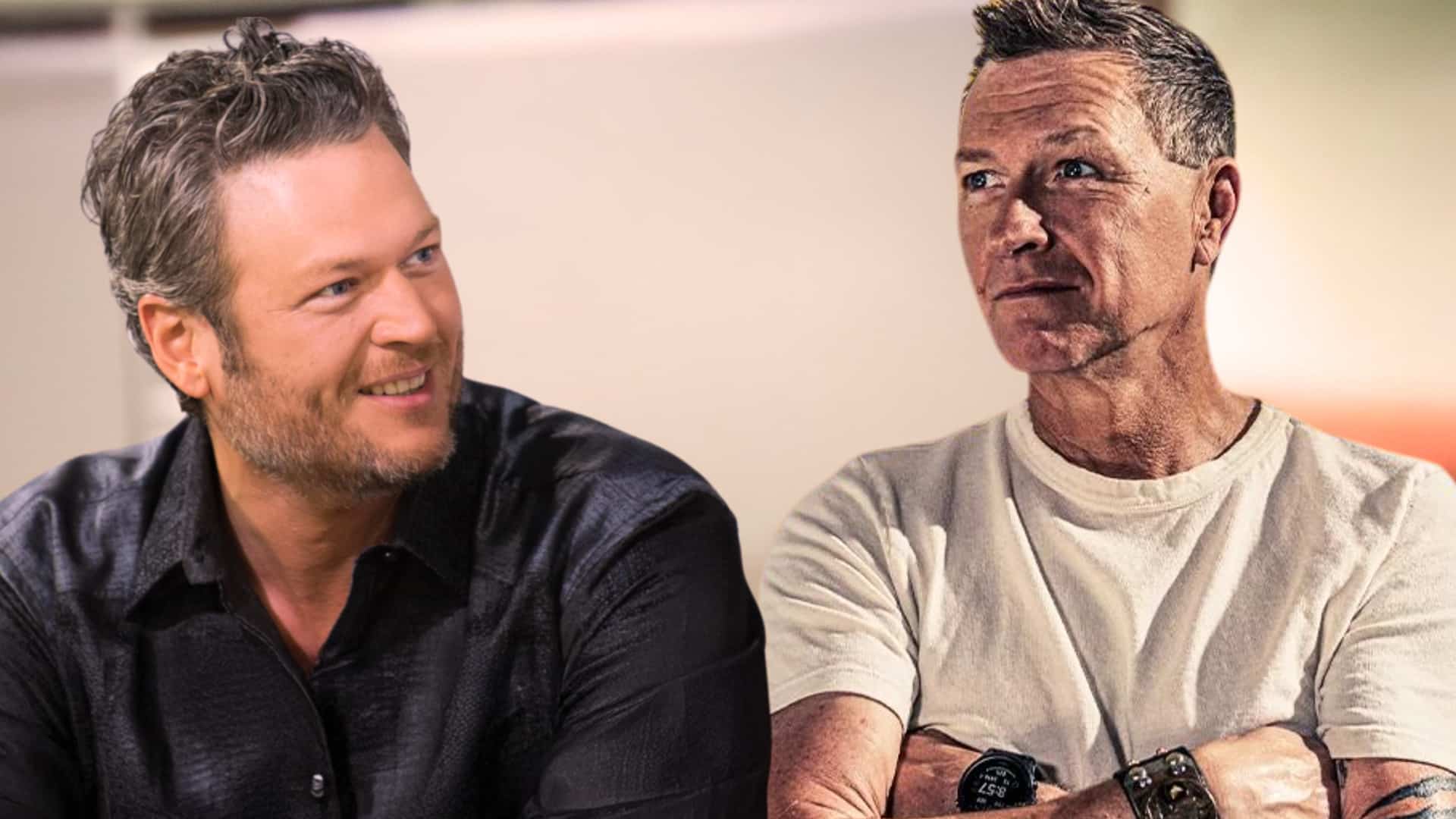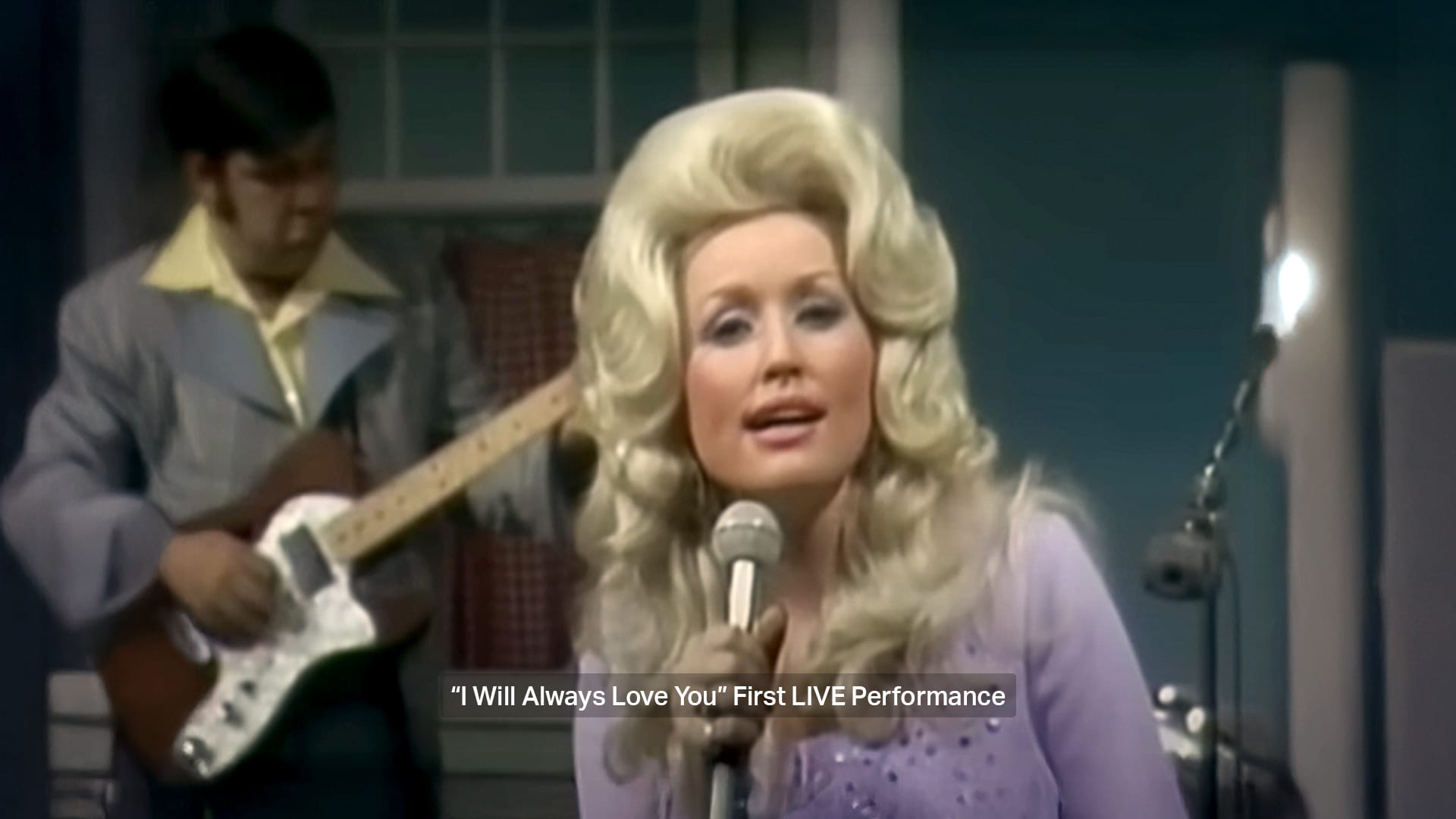Beyoncé’s Cowboy Carter winning Best Country Album at the 2025 Grammys was never about the music. It was about power, control, and pushing an agenda unrelated to country music. The industry’s elites have been chipping away at the genre’s foundation for years, and this was their boldest move yet—handing country’s highest honor to someone who is not, and never has been, a country artist.
And before anyone cries about race or inclusion, let’s set the record straight. Charley Pride, Darius Rucker, and Jimmie Allen—true country artists—have all been embraced by this community. This isn’t about skin color. It’s about authenticity and the fact that the industry is now handing out country awards like participation trophies to pop stars who barely dip their toes in the genre.
The Grammys Were Never About Talent
Anyone who still believes the Grammys are a merit-based award show must wake up. The industry doesn’t care about album sales, fan support, or even the genre’s integrity. They pick who they want to win—period. Eminem called this out years ago when he exposed how awards shows “give it to their darlings.” And that’s precisely what happened here.
Beyoncé’s album didn’t dominate country charts. Her songs weren’t leading on country radio until there was public pressure to force airplay. The people listening to Cowboy Carter aren’t the farmers, blue-collar workers, and small-town folks who built country music’s legacy—they’re urban pop fans who couldn’t tell a Hank Williams song from a Harry Styles track.
Yet, the industry shoved this narrative down everyone’s throats, acting like this was a natural evolution of country music. It wasn’t. It was an orchestrated takeover, and anyone with a shred of common sense can see it.
Country Music Wasn’t Just Hijacked—It Was Sold Out
The real insult here isn’t just that Beyoncé won. It’s who lost.
Where was the recognition for Cody Johnson, Morgan Wallen, Lainey Wilson, or Riley Green—artists who have been putting in the work, touring the backroads, playing honky-tonks, and keeping country music alive? They were pushed aside so the industry could handpick a winner who fit their narrative.
And let’s not ignore the fact that country radio initially refused to play “Texas Hold ‘Em,” Beyoncé’s so-called “country” single. If she was a true country artist, why did radio stations hesitate? Because even they knew this wasn’t authentic. But after a bit of pressure from the industry overlords, suddenly she’s topping country charts, and now she’s walking away with the biggest award in the genre? Please.
This wasn’t a victory for country music. It was a hostile takeover, and anyone celebrating it is either blind or complicit.
The Cult of Celebrity Worship
One of the most disturbing things about all of this is the blind loyalty people have to celebrities. Beyoncé isn’t just an artist anymore—she’s an idol. There are literal church services in her name, fans who act like she’s a goddess and people who will attack anyone who dares question her.
And the industry knows this. They use these celebrity cults to manipulate the public into accepting whatever agenda they push. They’ll tell you Beyoncé winning a country award is “historic” and “groundbreaking” while completely ignoring the countless real country artists who got robbed in the process.
At some point, people need to wake up. The music industry doesn’t care about authenticity. They care about control and will use whoever they need to to get it.
Country Music Deserves Better
Beyoncé’s win for Best Country Album wasn’t a moment of progress—it was a slap in the face to the artists and fans who love and respect this genre. The industry’s message is clear: it doesn’t matter if you dedicate your life to country music. If you don’t fit their agenda, you don’t matter.
But here’s the thing—country music doesn’t need the industry’s approval. It doesn’t need the Grammys. It doesn’t need validation from Hollywood elites who don’t understand it.
Country music belongs to the people who live, breathe, and fight for it. And no amount of industry rigging, celebrity worship, or forced narratives will ever change that.


















